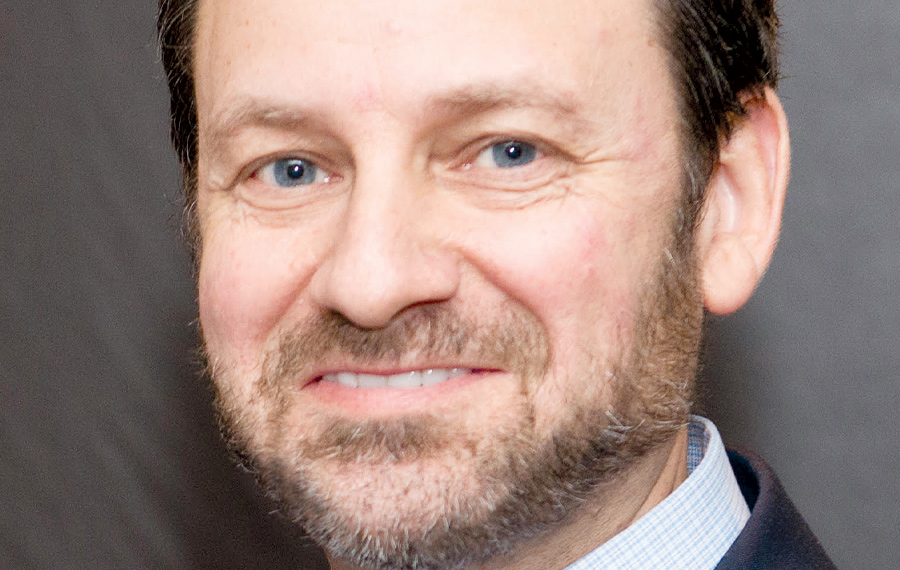
In the early 2000s, businessman Mort Ruderman decided to work with other Boston-area families to give a $45 million gift to his local Jewish day school system. With that gift, he created the Ruderman Family Foundation. Established in 2002, it has become one of the leading voices advocating for disability rights in the Jewish community and beyond. Since Mort’s death in 2011, his oldest son, attorney Jay Ruderman, has run the foundation, helping it branch into a new realm: activism.
A former district attorney in Salem, Mass., and deputy director of the American Israel Public Affairs Committee (AIPAC) in New England, Jay has continued his father’s mission to bring the issue of disability rights into the forefront of people’s consciousness.
Ruderman spoke with the Journal about the foundation’s work to bring inclusion to synagogues, how Hollywood is a part of the problem and why he’s working to get more Israeli political leaders to meet more American Jews.
Jewish Journal: Your foundation advocates for students with disabilities in the Jewish day school system. How did that focus come about?
Jay Ruderman: The first major grant we gave was part of a multifamily, $45 million gift to improve Jewish education in Boston. But we didn’t really know what we wanted to focus on. Some of the discussions at the time with the local Jewish Federation led us to understand that children with disabilities were essentially excluded from the Jewish day school process. That resonated with us as an issue of fairness, which was an overriding issue for my dad during his life. He was a big proponent of the idea that everyone in life deserves a fair shot.
JJ: Do you have a personal connection to this issue?
JR: My nephew was born with autism. I have a child with a learning disability. This all had much more meaning after it touched us. Not every child learns the same. Not every person acts or looks the same. In the Jewish community, we take people who are different and push them into the public system. The community can’t accept you and we have to segregate you. That perpetuates seeing people as the other and being seen as the other has deep psychological and economic impacts for the rest of people’s lives. My prior career was as a prosecutor. I was very involved in politics. When I took over the foundation, I was initially hesitant. I saw philanthropy as passive, as giving an opportunity for others to create change. But I feel I’ve helped make it much more of an activist foundation with this focus on disability rights.
“There’s some form of disability in many of us. Inclusion has made our Jewish community a better community. It just makes sense to accept everyone. That’s been the heart of our initiative.”
JJ: How does Hollywood and representation come into all of this? Why is that such a big rallying cry for the foundation?
JR: I think it really started to happen when we met Danny Woodburn, an actor and little person best known for being a character on Seinfeld. He wrote an op-ed five or six years ago about how people with disabilities are left out of the Hollywood diversity conversation. Now, we’re not from here. We’re Boston-based, New York-based and Israel-based. But I have a deep appreciation for how popular entertainment shapes attitudes and deals with stigmas. When we dug deeper into it, and we did white papers and worked with people ingrained in the industry, we began to understand how deep the issue is. What’s the implication? People with disabilities are the largest and poorest minority in the world. Seventy percent of people with disabilities aren’t working. If you really stigmatize them and segregate them, then opportunities are really hard to come by and they’re prevented from advancing. I do think that entertainment can change how people feel and behave. Something like “Will & Grace” became so influential in normalizing attitudes toward homosexuals. It’s headed in the right direction with disabilities but we’re not there yet.
JJ: You’re very involved with trying to spread the message of inclusion to synagogues. What does that mission involve?
JR: I’m sure we’ve touched Los Angeles through these issues. It has spread throughout the country. In Boston, we started the Ruderman Synagogue Inclusion Initiative. Now we have 52 synagogues across denominations involved and we’ve helped make inclusion part of the synagogue experience.
JJ: Why is this form of inclusion essential for synagogues?
JR: Everyone has someone in their family or closely connected to them that has some disability. Sometimes it’s a physical accommodation or sensory accommodation that’s needed. A lot of times it’s an attitude about what’s accepted and who’s accepted in synagogue. There are so many stories about people turned away from synagogues. You hear, “Oh, we can’t accommodate you here because your son or daughter is too isruptive.” That’s just unacceptable. Humanity is very diverse. There’s some form of disability in many of us. Inclusion has made our Jewish community a better community. It just makes sense to accept everyone. That’s been the heart of our initiative.
JJ: Do you see your organization as filling a void in the Jewish philanthropic space?
JR: Part of my philosophy in philanthropy is always looking for a void. Instead of going where everyone else has gone, I try to go where no one is going to start something. Now, there are people in different communities doing this work. Michelle Wolf (founder and director of Jewish LA Special Needs Trust and Services) has been active for a long time on this issue. Nationally, I didn’t see anything happening in the Jewish community, certainly not in Boston. We were able, through funding and advocacy, to help elevate it. That has been satisfying, feeling like you’re making a difference.
JJ: What else is the foundation working on?
JR: We’ve drafted white papers on other diverse issues surrounding disability. A few years ago, our research allowed us to reach a conclusion through our data that police and firefighters in the United States are more likely to die by suicide than in the line of duty. It’s shocking. In this country, we have tremendous issues in mental health and stigma, particularly in macho professions where they don’t want to show weakness. Our white paper has caused police and fire department to start addressing mental health. We’re hopeful it’ll save many lives.






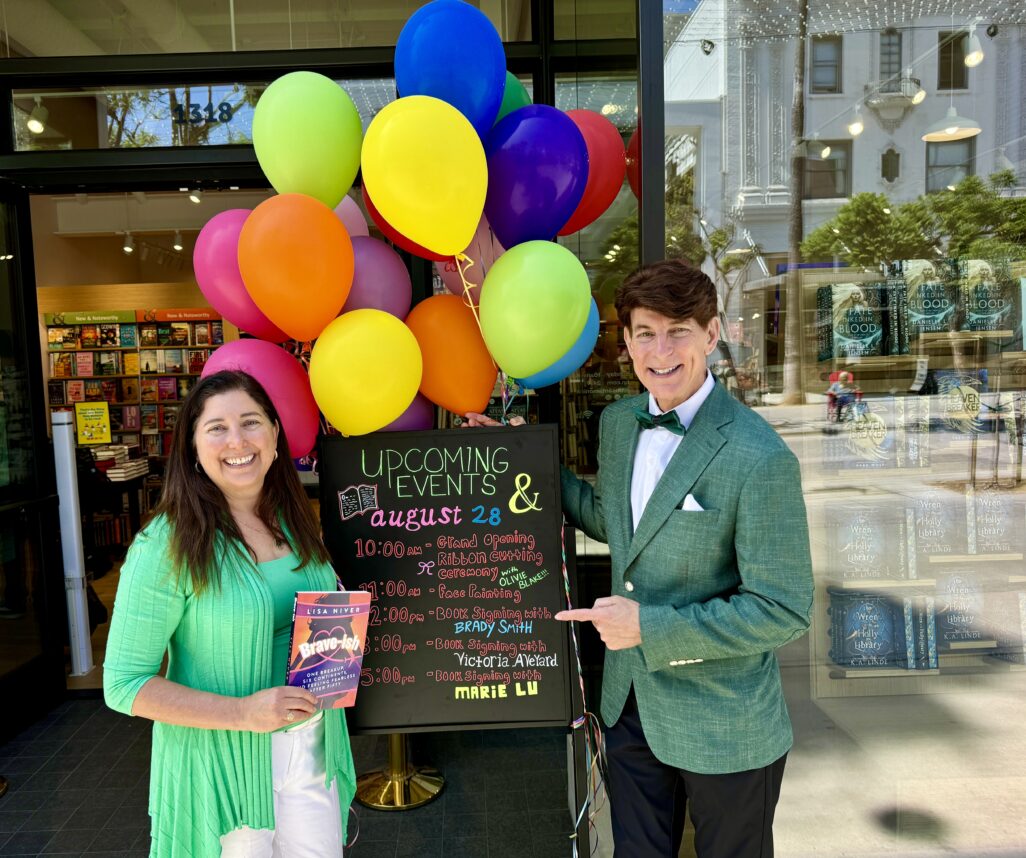
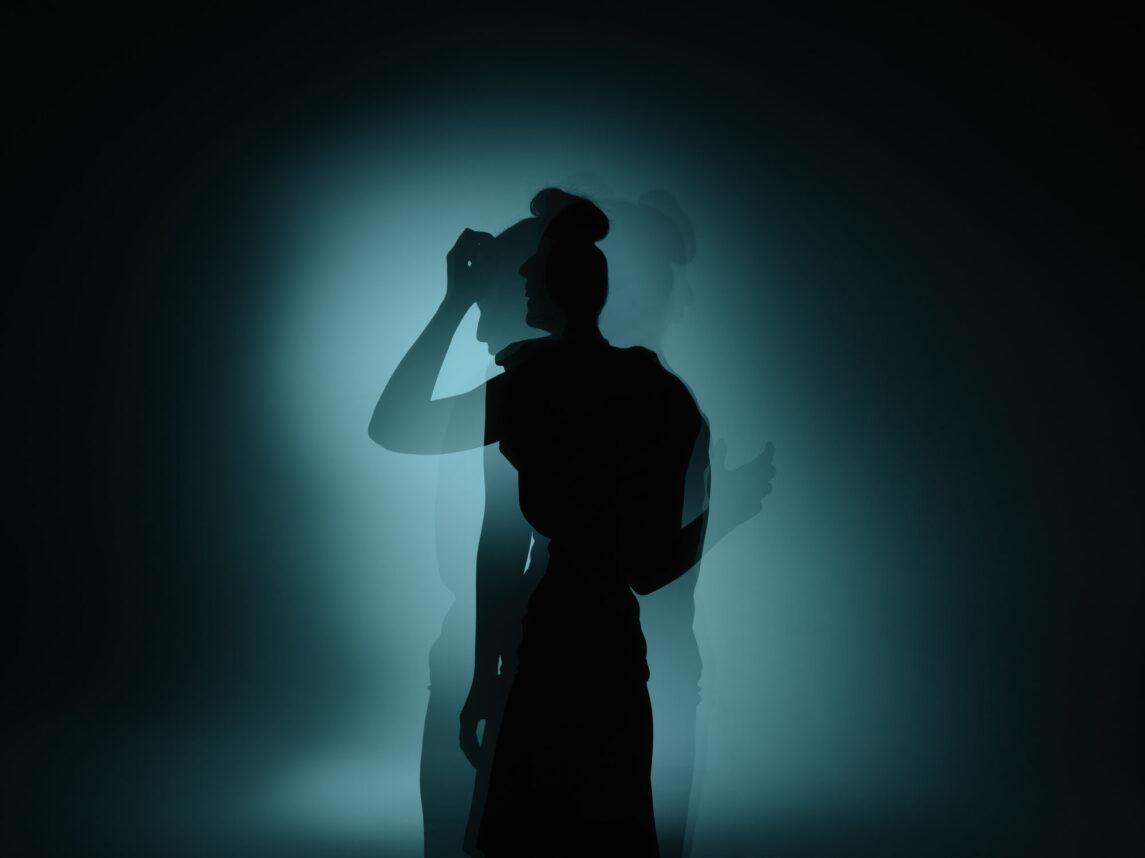
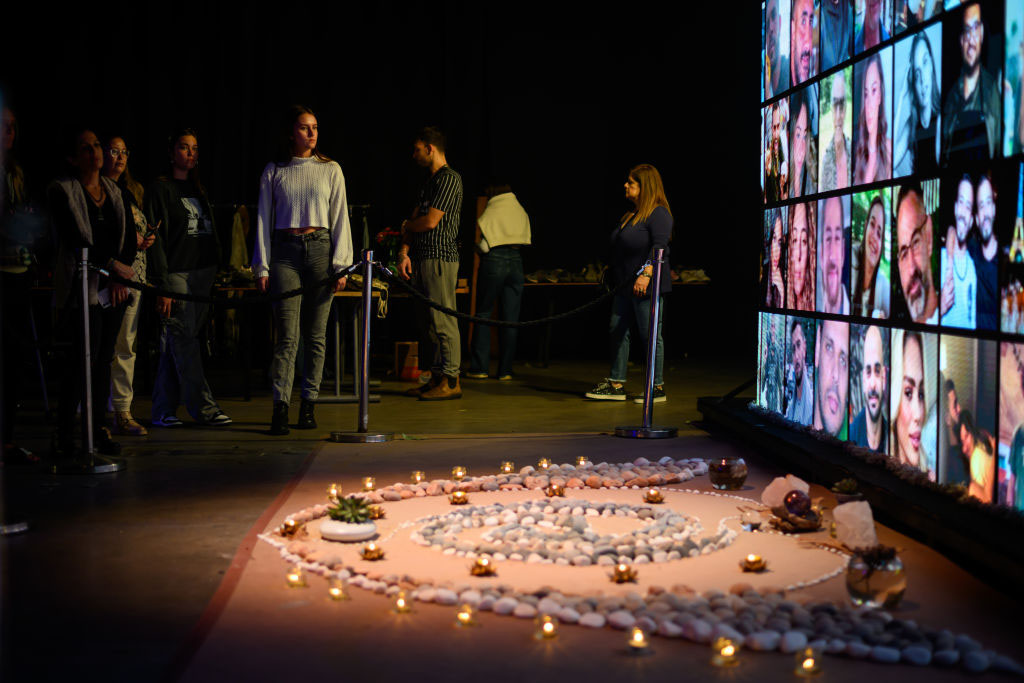

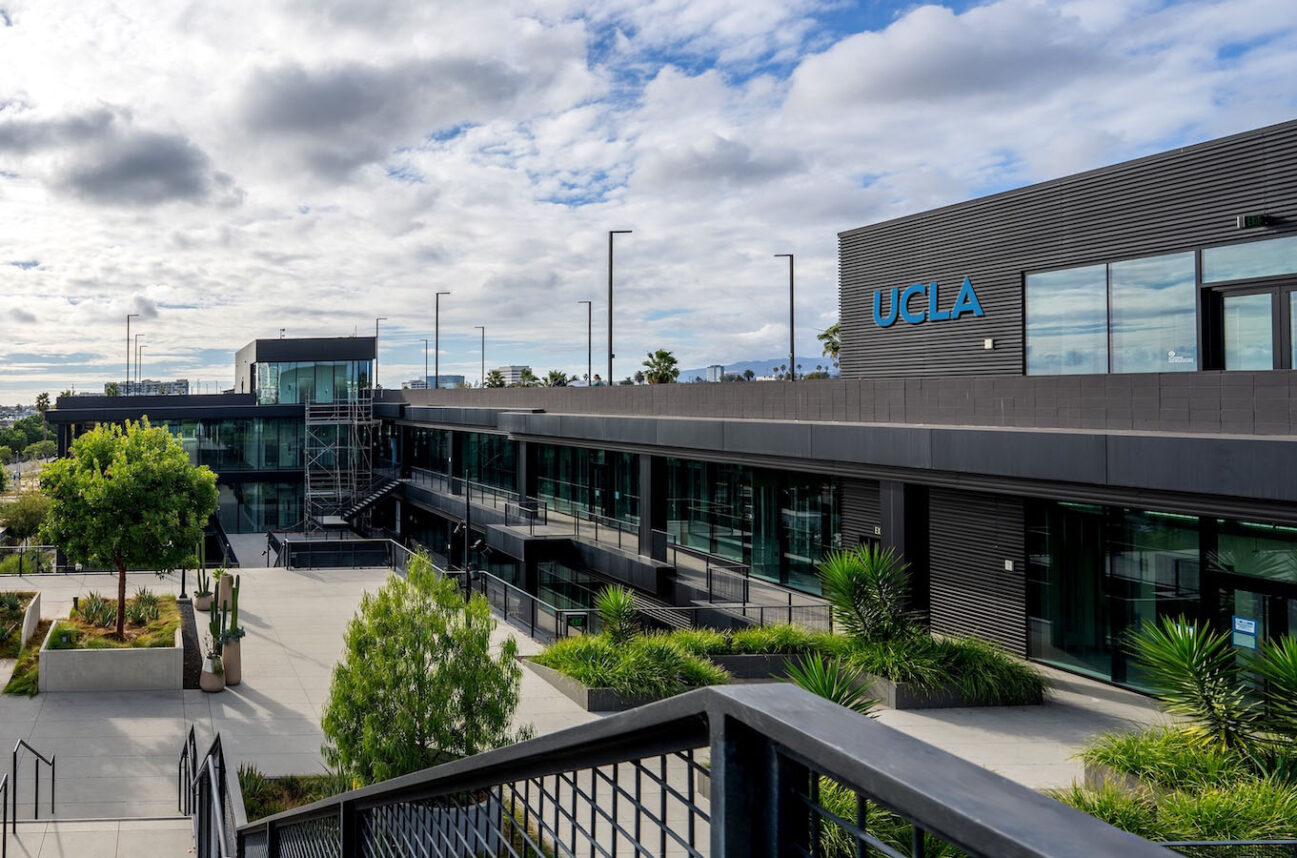


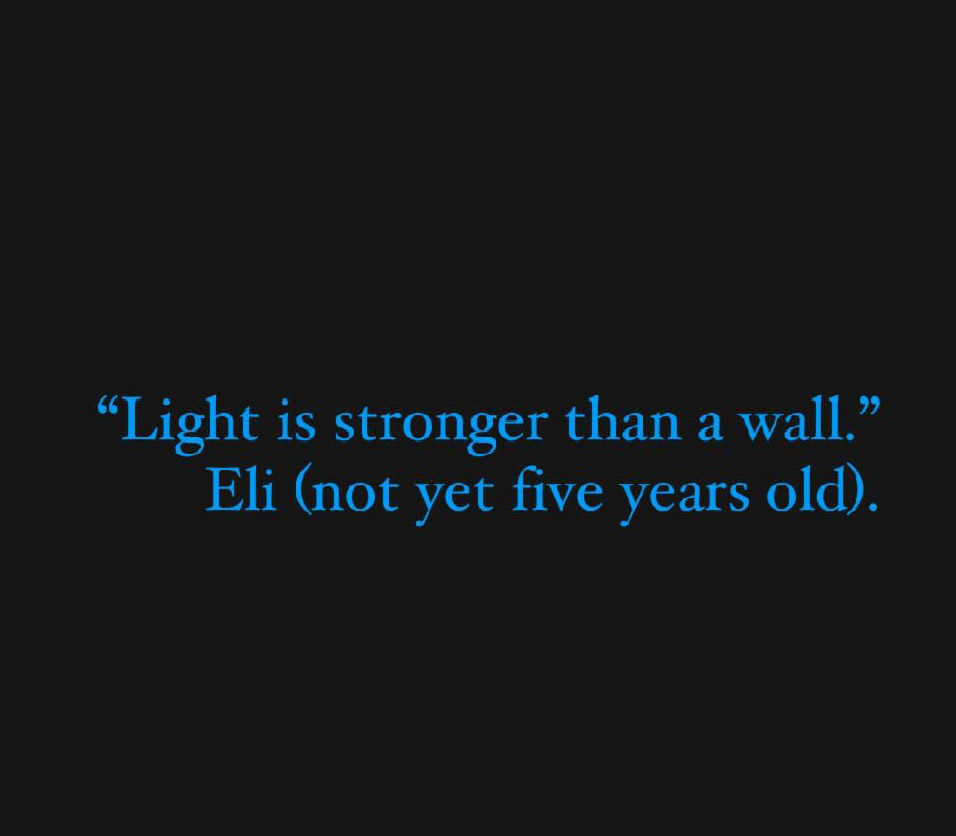
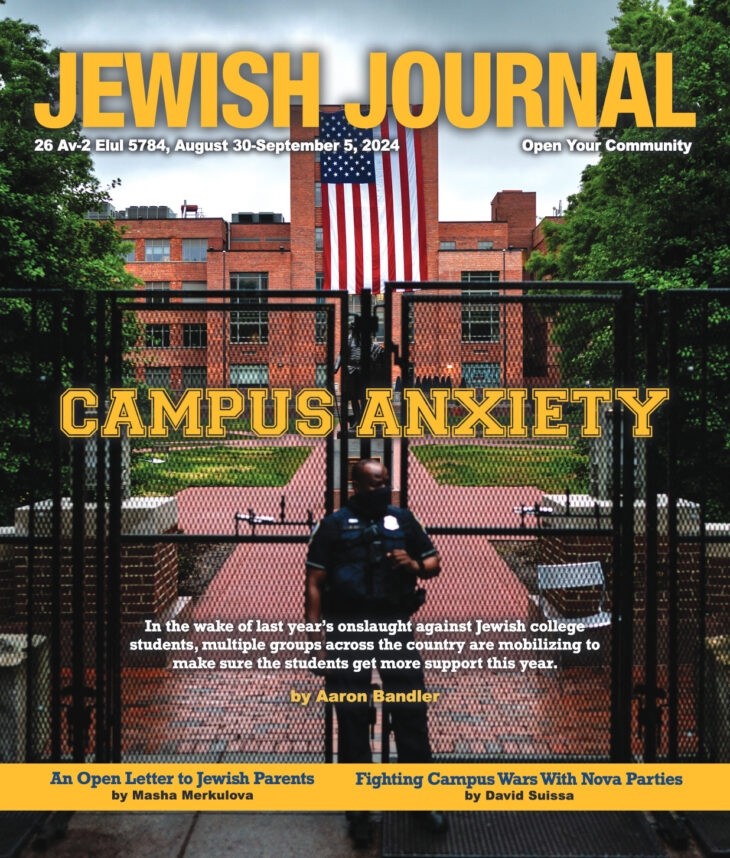
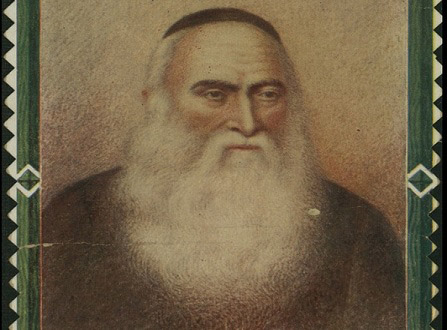
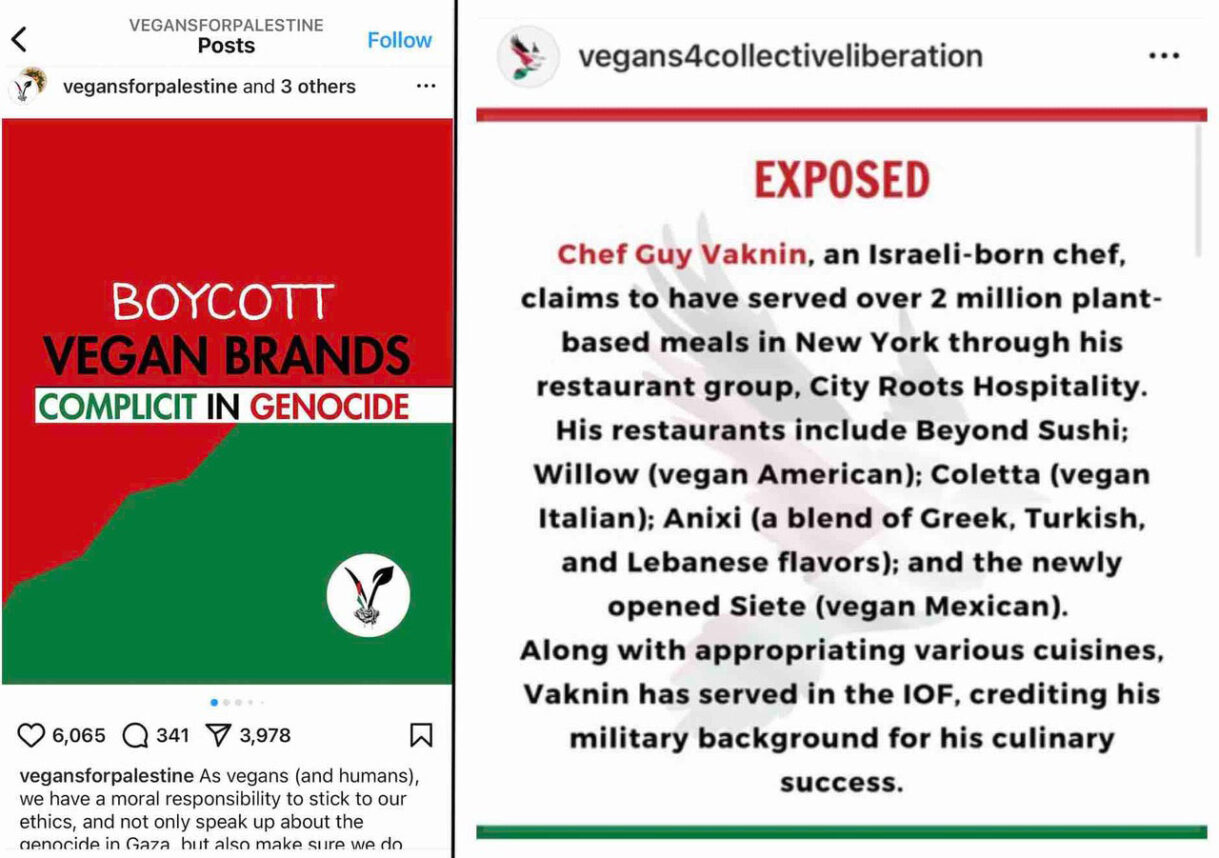



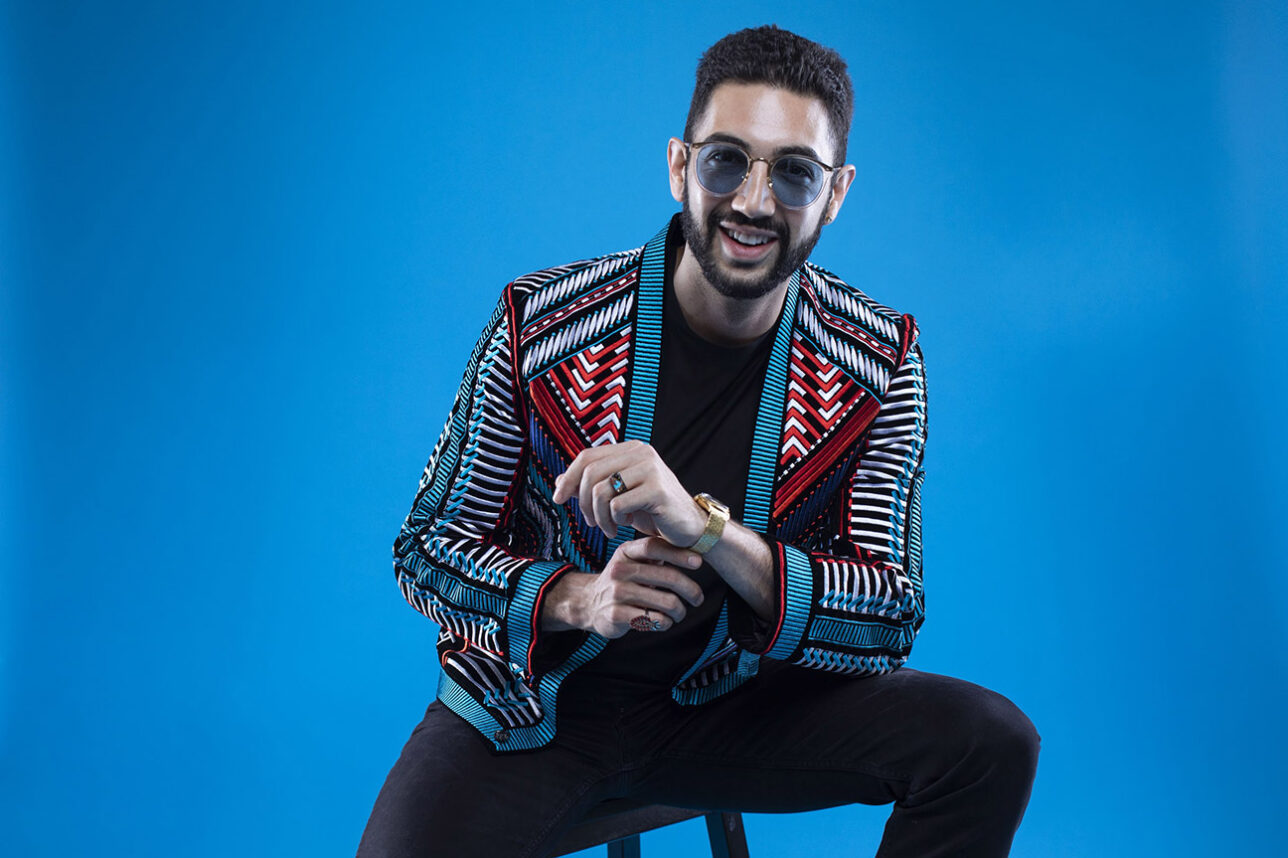
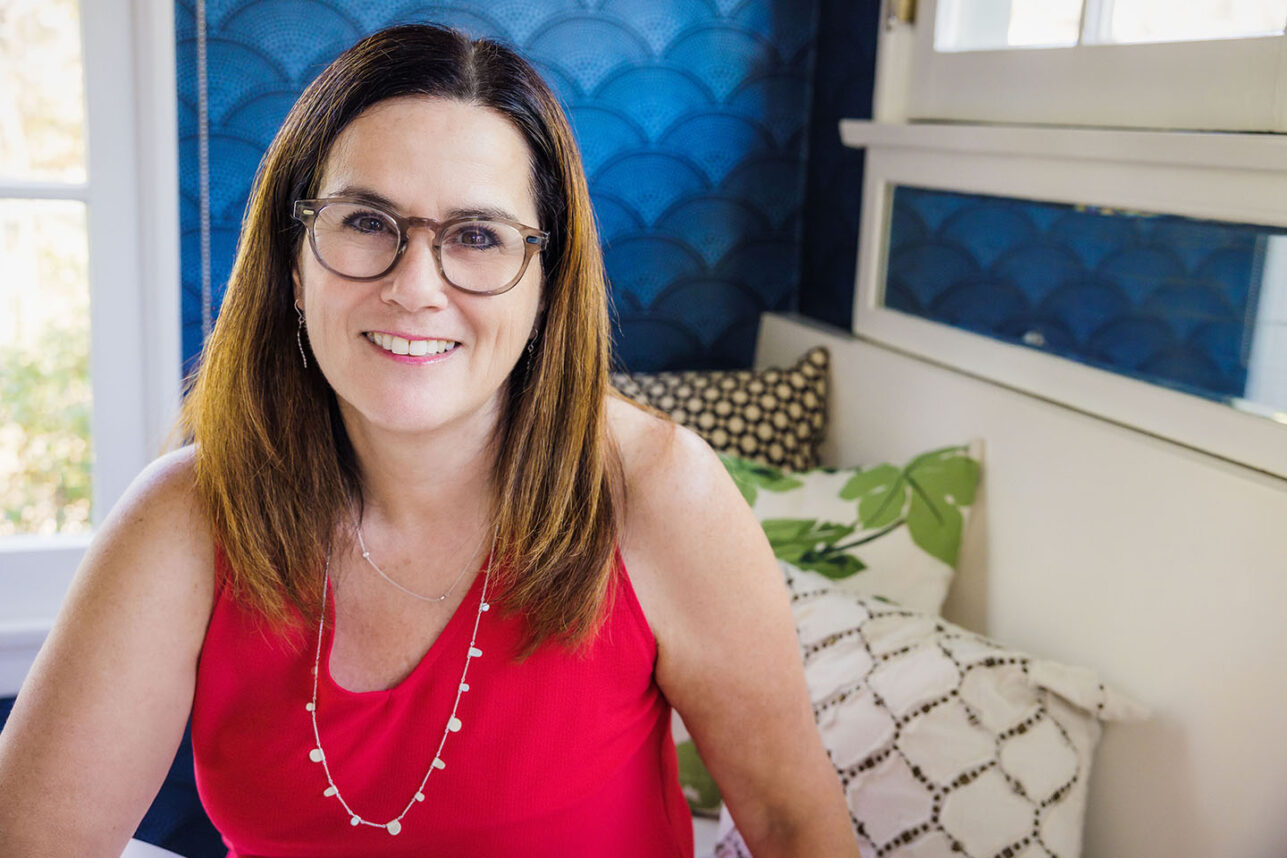
 More news and opinions than at a Shabbat dinner, right in your inbox.
More news and opinions than at a Shabbat dinner, right in your inbox.